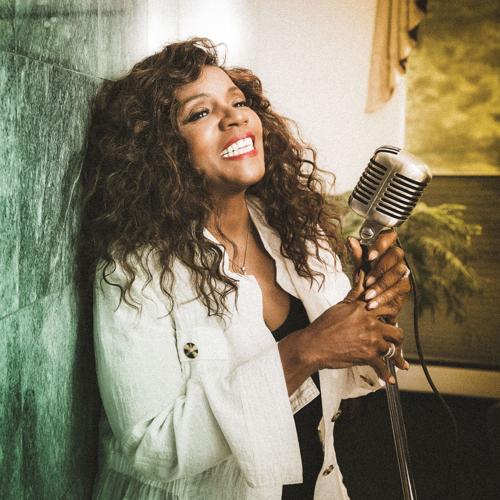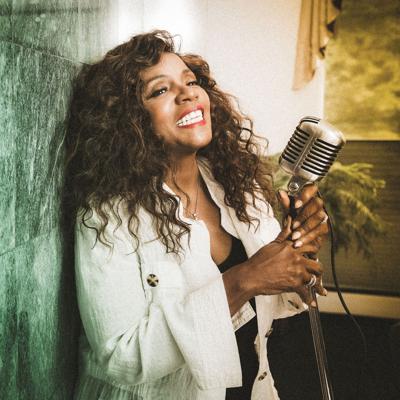I will survive.
Your brain just just jumped to the next line didn’t it? As long as I know how to love … I’ll let you finish the chorus while we ruminate on the enduring global impact of Gloria Gaynor’s biggest hit. “I Will Survive” has survived three generations of weddings, soothed three generations of divorces. It outlasted the peak of disco and disco’s death, disco’s rebirth and twice-a-decade revivals since. “I Will Survive” has outlasted more than half a dozen presidential administrations and a small truckload of audio formats. It is an essential part of the American musical-emotional fabric, and it was recorded by a woman in a back brace — though that’s just the tip of the bad-shit iceberg that strikes our protagonist in the documentary Gloria Gaynor: I Will Survive.
Screening Thursday evening at the Belcourt as the Nashville Film Festival’s Opening Night Presentation, the doc follows Gaynor as she tries to redirect her career from disco diva to gospel singer while making her Grammy-winning album Testimony. Director Betsy Schechter is in the room for an artistic and personal rebound, handling Gaynor’s struggles with empathy and an open heart. Guileless in places where a little guile would be totally warranted, GG: IWS doesn’t engage nostalgia so much as graze, with Gaynor’s faith and vision for the future centered in the narrative. Gaynor — who suffered an onstage fall in 1978 that has had lifelong effects, including the aforementioned back brace — is a model of grit and fortitude, a musician with ultimate road-dog bona fides. She’s a master of her instrument who excels in a studio environment. Schechter captures a septuagenarian who is, frankly, going as hard as kids a third her age.

Gloria Gaynor
What Schechter and Gloria Gaynor: I Will Survive don’t do, however, is give disco the cultural credit it is due. Fifty years on, we know that disco was right, that the people invested in the genre’s death were operating from places of misogyny and racism and homophobia, and that this artform will resonate long after the Jann Wenner era of rock chauvinism is over. I Will Survive could take more credit for disco’s enduring cultural significance — Gaynor certainly deserves it. The film’s tepid interrogation of the mainstream gospel music industry’s refusal to work with the disco legend deprives the film of some tension, but it also feels right for the subject: After years of mismanagement and music industry indifference, Gaynor — as we see in this documentary — is on a path of self-discovery and self-reliance. Gaynor doesn’t dwell, and neither does the film.
Where Gloria Gaynor: I Will Survive thrives is in the studio — Nashville’s own storied RCA Studio A, to be specific. The film was shot during the recording of Testimony, where we see Miss Gloria reveling in the warmth of the room and the companionship of some of Nashville’s most soulful studio folk. This footage is worth the price of admission. There’s some spine-tingling vocal artistry sprinkled throughout the film that needs to be heard on a top-notch sound system. So much of Gaynor’s enduring appeal is that her voice has the sort of richness and depth that sounds better the louder you play it, and a theater will work as well as a discotheque. While GG: IWS might have benefited from a more concerted effort to confront the industry that cast Gaynor aside, the film succeeds as a beacon of joy and faith in the face of enduring hardship. Spoiler Alert: She survived.
This year’s weeklong festival will feature panels, events and more than 125 titles








